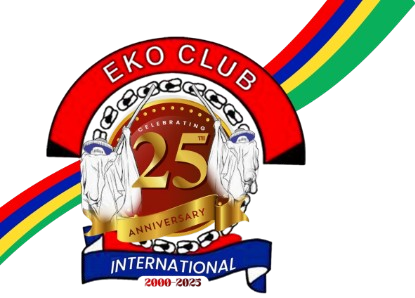Learn more about our prestigious club and events
About
Discover the rich history, mission, and vision of Eko Club International as we celebrate 25 years of bridging generations and building communities worldwide.
Our Heritage
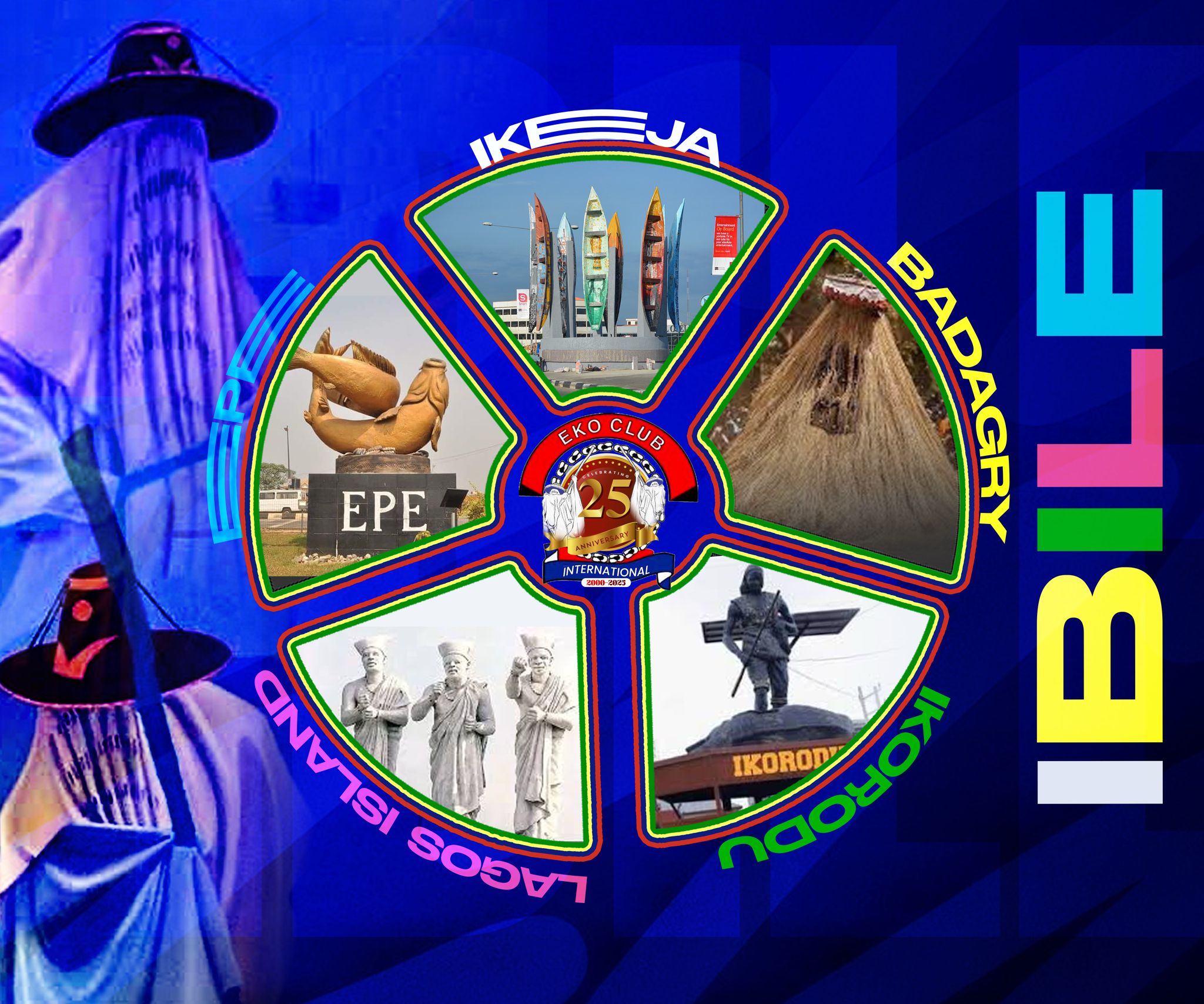
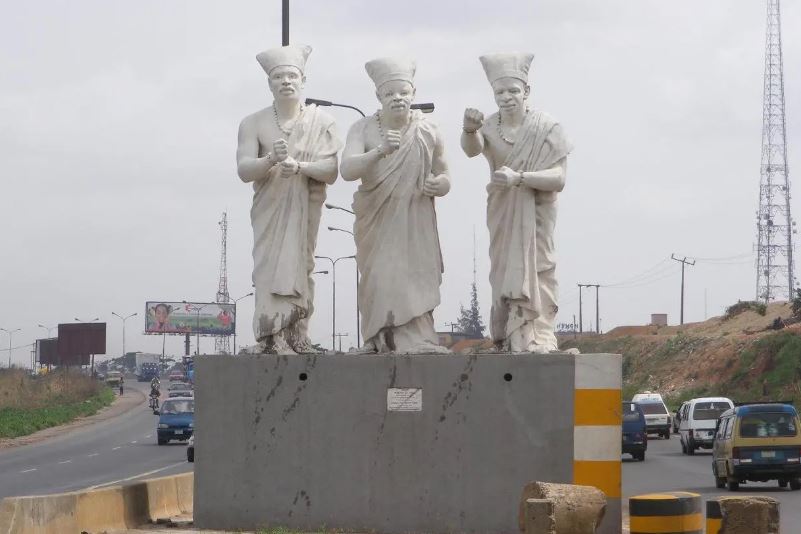
Ikeja
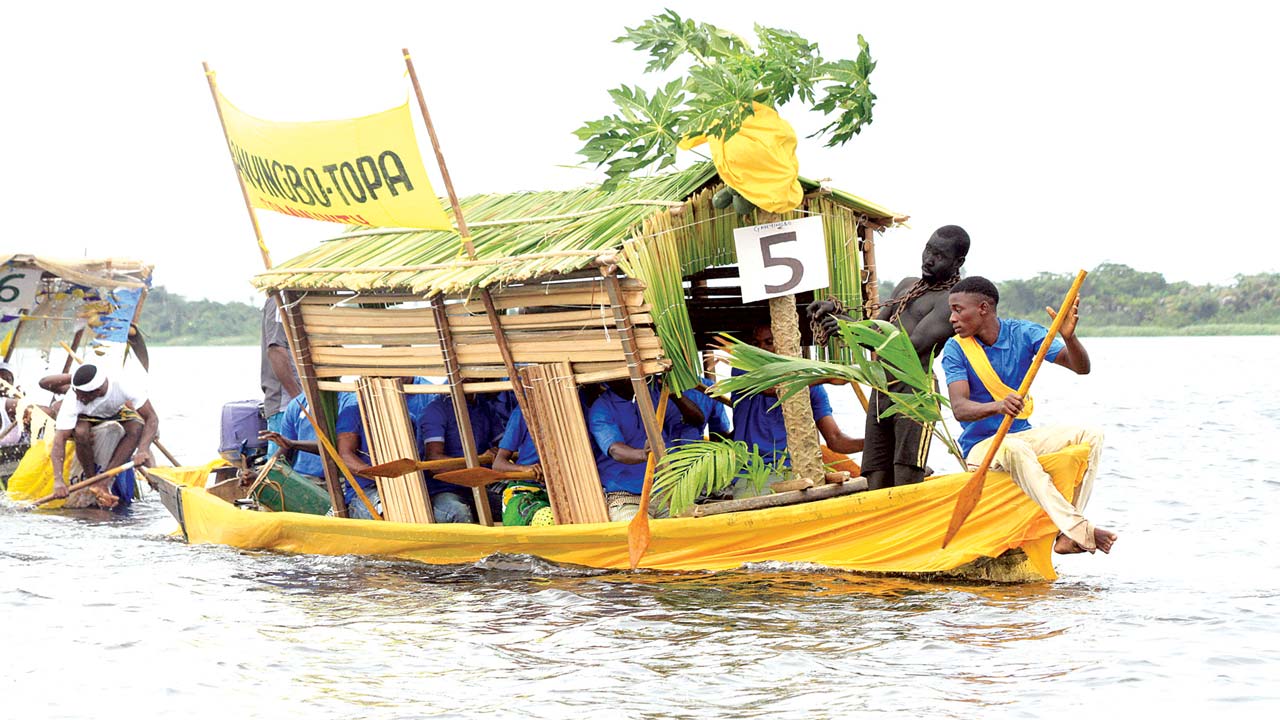
Badagry
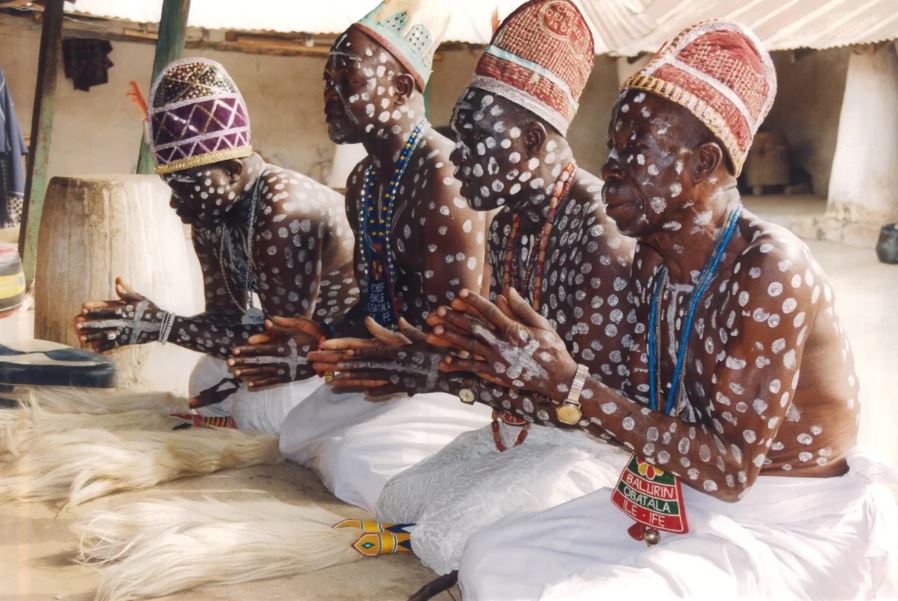
Ikorodu
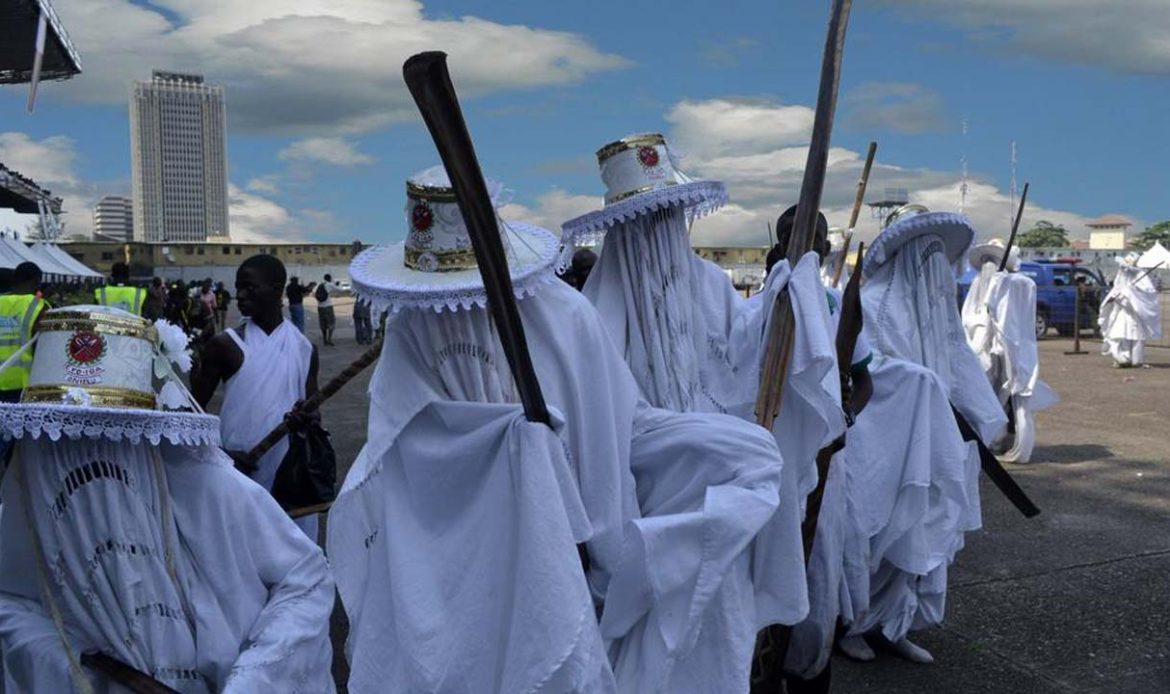
Lagos Island
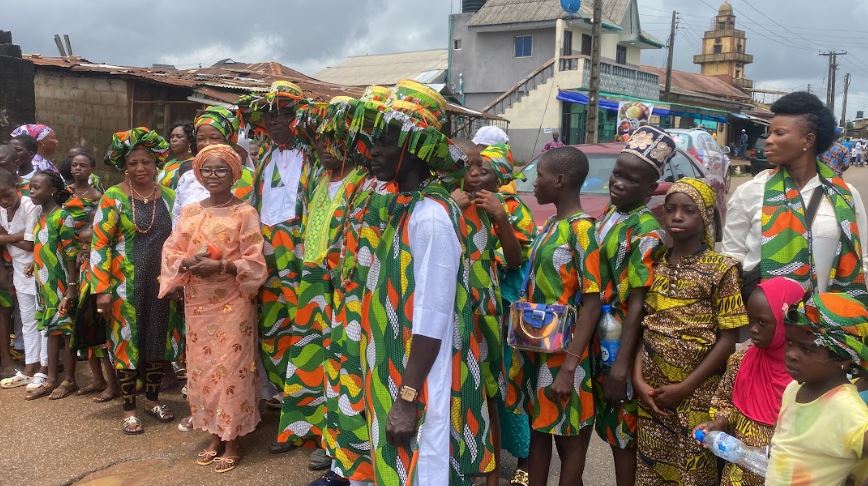
Epe
The Rich Heritage of Lagos State
Discover the fascinating history of Lagos State and its five administrative divisions that form the IBILE acronym - the cultural and administrative foundation of our heritage.
Ikeja
The capital of Lagos State and a major commercial and residential hub. Ikeja's history is intertwined with the development of Lagos as a modern city, serving as the administrative center of the state.
Badagry
A coastal town with rich history as a major trading post and significant site in the transatlantic slave trade. Badagry holds immense cultural and historical importance with remnants of slave routes and historical buildings.
Ikorodu
A rapidly developing area with a dynamic mix of residential, industrial, and commercial zones. Ikorodu is one of the fastest-growing divisions in Lagos State, representing modern urban development.
Lagos Island
Historically known as Eko, Lagos Island is one of the oldest parts of Lagos where the first settlements were established. It has been a significant commercial and political center for centuries, with its name originating from the Benin Kingdom.
Epe
A coastal town with strong fishing and agricultural traditions. Epe is known for its historical connections to the Epe kingdom and its vital role in the region's economy through maritime and agricultural activities.
Origins of Lagos
Foundation
Founded in the 16th century by the Awori people as Eko, a small but important commercial kingdom.
Names
The Awori called it Oko, then Eko under Benin rule; the Portuguese named it 'Lagos' meaning 'lakes'.
Awori Legend
Olofin followed a drifting mud plate to settle; his son Aromire planted pepper on Lagos Island, leading to Iga Idunganran – the 'pepper farm palace'.
British Era
British intervention in 1851 ended internal conflicts; Lagos became a British protectorate in 1861.
Formation of Lagos State & IBILE
On 27 May 1967 Nigeria was restructured into 12 states; Lagos State was created by Decree No. 14.
The state became operational on 11 April 1968.
On 1 April 1968 Lagos was divided into five divisions – Ikorodu, Badagry, Ikeja, Lagos Island & Epe – forming the acronym 'IBILE'.
These divisions reflect the state's varied geography, heritage and administrative responsibilities.
Convention Theme: "Bridging Generations, Building Communities"
Our 25th anniversary theme reflects our commitment to connecting the wisdom of our elders with the energy of our youth, creating stronger, more unified communities for the future.
Bridging Generations
We honor the wisdom and experience of our founding members while embracing the fresh perspectives and innovative ideas of our younger generation. This intergenerational dialogue creates a powerful synergy that drives our organization forward.
Building Communities
Through service projects, cultural preservation, and leadership development, we create lasting positive impact in communities worldwide. Our work extends beyond our membership to benefit society as a whole.
Eko without Borders: Silver Jubilee Chronicles
A comprehensive chronicle of our 25-year journey, celebrating the remarkable legacy of Eko Club International USA, Canada, and Europe.
By Otunba T J Abass
"A flame was lit in a foreign land. They thought it would not burn this long, burn this bright, burn this far. Today, 25 years on, Eko Club International USA, Canada, and Europe stand at the golden gates of history as a living legacy of Lagosians in the diaspora."
That flame has grown into a fire of fellowship that has crossed borders, defied distance, and gained strength year after year.
This Silver Jubilee is, without question, a moment of collective pride for every member. It bears witness to our unity, resilience, and the enduring relevance of our mission.
Rooted in heritage and rising through service, ECI has carried our culture with dignity and planted the seeds of progress everywhere the Lagos' footstep is found, from Toronto to Houston, from London to New Jersey, and across the world.
This celebration is not just the ticking of years on the calendar; it is the telling of a story written in sacrifice, service, and shared triumph. We honor those who first lit the torch with sacrifice, we celebrate those who have kept it burning with vision and vigor, and we charge those coming behind to carry it higher, brighter, and further.
Indeed, this 25th anniversary is not the last chapter of our book; it is a new title in our publication series.
For some of us who laid the first stone of this organization, this celebration feels like a personal win, a badge of honor, and a bragging right. To have been part of a journey so rich in sacrifice, vision, and triumph is nothing short of extraordinary. If this odyssey were ever transcribed into a movie script, it would surely earn a nomination for an Oscar.
The Genesis
The story of Eko Club International began with the voice of a leader in exile, President Bola Ahmed Tinubu, who called upon Lagosians scattered abroad to remember our root and gather beneath one banner which would bound our hearts to home. His goal was for members to carry Lagos beyond its shores and showcase it on the world stage.
From its cradle, Eko Club International bore the seal of destiny, guided by the vision of Asiwaju Bola Ahmed Tinubu during his exile. Although the organization was officially incorporated in Texas in 2000, the seed was planted earlier in 1997 when Eko Club Houston was formally registered, carrying forward Asiwaju Tinubu's call to pool resources and energies to advance Lagos State.
Early Eko Clubs (Before 2000)
- •Lagosians of Chicago, registered in 1991
- •Eko Club Canada
- •Eko Club Houston registered in Texas in 1997
- •Eko Club New York, registered in 1998
Eko without Borders: Silver Jubilee Chronicles
By Otunba T J Abass
"A flame was lit in a foreign land. They thought it would not burn this long, burn this bright, burn this far. Today, 25 years on, Eko Club International USA, Canada, and Europe stand at the golden gates of history as a living legacy of Lagosians in the diaspora."
That flame has grown into a fire of fellowship that has crossed borders, defied distance, and gained strength year after year.
This Silver Jubilee is, without question, a moment of collective pride for every member. It bears witness to our unity, resilience, and the enduring relevance of our mission.
Rooted in heritage and rising through service, ECI has carried our culture with dignity and planted the seeds of progress everywhere the Lagos' footstep is found, from Toronto to Houston, from London to New Jersey, and across the world.
This celebration is not just the ticking of years on the calendar; it is the telling of a story written in sacrifice, service, and shared triumph. We honor those who first lit the torch with sacrifice, we celebrate those who have kept it burning with vision and vigor, and we charge those coming behind to carry it higher, brighter, and further.
Indeed, this 25th anniversary is not the last chapter of our book; it is a new title in our publication series.
For some of us who laid the first stone of this organization, this celebration feels like a personal win, a badge of honor, and a bragging right. To have been part of a journey so rich in sacrifice, vision, and triumph is nothing short of extraordinary. If this odyssey were ever transcribed into a movie script, it would surely earn a nomination for an Oscar.
The Genesis
The story of Eko Club International began with the voice of a leader in exile, President Bola Ahmed Tinubu, who called upon Lagosians scattered abroad to remember our root and gather beneath one banner which would bound our hearts to home. His goal was for members to carry Lagos beyond its shores and showcase it on the world stage.
Our organization's story must not be told like a personal account; it must stand in the court of history, with documents as evidence and dates as witnesses. Our organization's story must be preserved in both memory and record.
If history is indeed a record of past events, encompassing successes, challenges, and accomplishments, then the following accounts of Eko Club International's journey since its formation in September 2000 provides a truthful and accurate reflection of its significant achievements and the obstacles it has overcome.
From its cradle, Eko Club International bore the seal of destiny, guided by the vision of Asiwaju Bola Ahmed Tinubu during his exile. Although the organization was officially incorporated in Texas in 2000, the seed was planted earlier in 1997 when Eko Club Houston was formally registered, carrying forward Asiwaju Tinubu's call to pool resources and energies to advance Lagos State.
That seed soon became a torch passed across borders. The trio of Otunba Sam Dipeolu, Otunba T.J. Abass, and the late Mr. Yesir Ganiyu traveled to Canada to engage with their counterparts in Eko Club Canada, one of the earliest diaspora branches established in 1991.
Early Eko Clubs (Before 2000)
- •Lagosians of Chicago, registered in 1991
- •Eko Club Canada
- •Eko Club Houston registered in Texas in 1997
- •Eko Club New York, registered in 1998
A pivotal meeting took place in January 2000 at the residence of Mr. & Mrs. Akeem and Biola Nosiru. In attendance were the three representatives from Houston, the late Alhaji Agiri, and Mrs. Abiola Nosiru.
While the formal meeting occurred in January 2000, discussions with Eko Club Canada had begun as early as 1998, paving the way for the 2000 meeting in Canada and the convention in Houston.
This meeting proved highly productive. From it came a Memorandum of Understanding (MOU) that cleared the path for the registration of Eko Club International in Texas. More importantly, it spread the great canopy of Eko Club International, USA, Canada & Europe; an umbrella body whose shade has nurtured growth in Lagos State and in the host communities of its chapters abroad.
The First Convention
Another seed sown in that meeting blossomed into the very first Eko Club International Convention, held in Houston in March 2000, with attendance from only three chapters: Chicago, Canada, and Houston.
Eko Club Houston proudly hosted the 1st Eko Club International Convention in March 2000. Two other chapters participated in this historic gathering:
Participating Chapters (2000)
- •Eko Club Canada, represented by the late Alhaji Agiri (then President), alongside Ms. Biola Nosiru, Kemmy Baljack, and Anu Oluwapo
- •Lagosians of Chicago, represented by Alhaji Wahab Owokoniran, Dr. Nurudeen Olowopopo, Dr. Shafi Amuwo, and Dr. Maruf Tunji Alausa
For nine days, the Adams Mark Hotel became a stage for an event that stamped a milestone of pride into our organization's dossier. It was a gathering of crowns and captains, where traditional rulers, industry leaders, and Lagos State officials stood shoulder to shoulder. At its helm was the then-Executive Governor, Asiwaju Bola Ahmed Tinubu.
A significant convention highlight was Asiwaju's official visit to the Mayor of Houston, Mr. Lee Brown. This visit resulted in a bilateral agreement between the City of Houston and Lagos State, marking a milestone in international cooperation.
The Enron Deal
It was also this convention that further discussions were held with Enron's top management. The Enron Independent Power Project – one of the largest of its kind - was an initiative of Governor Bola Tinubu's administration. This project was also a bold step to shatter PHCN's monopoly and flood Lagos with light without flickers.
Sadly, what was initially conceived as a transformative initiative to improve millions of lives was poisoned at its root by selfish interests and unscrupulous elements.
Still, the 2000 convention remains a monument in time. It laid the foundation for a formidable partnership with the administration of Asiwaju Bola Ahmed Tinubu and subsequent Lagos State administrations over the past 25 years.
Leadership Through the Years
From its inception, Eko Club International has walked the path of democracy, holding fast to values that light its way. Seven times, the torch of leadership has been passed through the will of the ballot, proving our enduring commitment to orderly transitions and stability:
Presidential Timeline
- •2000–2001: Interim President, Late Prince Adelani Adeniji Adele
- •2001–2003: Late Alhaji Olusisi Dawodu
- •2003–2005: Attorney O.J. Lawal
- •2005–2009: Otunba T.J. Abass
- •2009–2013: Alhaji Zainudeen Popoola
- •2013–2017: Alhaji Bisi Gaji
- •2017–2021: Dr. Lanre Ojo
- •2021–2025: Chief Saheed Olushi
Community Impact & Projects
This proud record of steady democratic leadership has made Eko Club International a poster child of stability. Over the last 25 years, Eko Club International has lived out its creed with a litany of life-changing initiatives that have reached the very heart of society, particularly the underprivileged.
A crown jewel project of this club is the Medical Mission, exclusively championed by the parent body. This project carries a healing touch with free medical services for the people of Lagos State. These services have included surgeries, dental care, and the provision of eyeglasses, all at no cost to beneficiaries.
Major Community Projects
- •Computerization of LASU
- •Provision of school uniforms to all secondary schools in Ikeja
- •Scholarship for the conjoined "Shortcake Twins"
- •Scholarships for deserving students in both the U.S. and Nigeria
- •Adoption of Massey Street Children's Hospital
- •Renovation of Ansarudeen Alakoro
- •Computerization of Ansarudeen Aroloya
- •Annual Thanksgiving Dinner for the Homeless
- •Education Endowment Fund for conjoined twins
Looking Forward
Eko Club International is more than an organization; it is a living story. These past twenty-five years have built a bridge across oceans, the heartbeat of Lagosians in the diaspora, and a tree with roots that run deep and branches that spread wide. We have faced trials and turned them into triumphs; carried burdens that became our badges of honor; and crossed distances that only drew us closer.
On this 25th anniversary, we are not just looking back, but also looking forward. The story of Eko Club International is still being written: each member, a pen, each convention, a chapter, each act of service, a sentence in our book of legacy.
At this silver harvest of 25 years, we give thanks for the road already traveled and lift our eyes to the horizon, praying for many more years of service, progress, and fulfillment.
Congratulations on this remarkable milestone!
What to Expect
ECI@25 promises an unforgettable experience filled with learning, networking, celebration, and community building.
Engaging Panels & Workshops
Interactive sessions featuring industry leaders, thought-provoking discussions, and skill-building workshops designed to inspire and educate.
Cultural Exhibitions
Vibrant displays of traditional arts, music, dance, and crafts celebrating our rich cultural heritage and diversity.
Networking Opportunities
Connect with fellow members from around the world, build lasting relationships, and expand your professional network.
Gala Night & Awards
An elegant evening of celebration, recognition, and entertainment honoring outstanding achievements and contributions.
Community Empowerment Projects
Hands-on service initiatives that make a tangible difference in local communities and demonstrate our commitment to giving back.
25th Anniversary Ceremonies
Special commemorative events celebrating our 25-year journey, honoring founding members, and launching initiatives for the next 25 years.
ECI Chapters Worldwide
Our global network spans continents, connecting communities and fostering cultural exchange across the world.
North America
23 Active Chapters
USA, Canada
Europe
1 Active Chapter
UK
Africa
1 Active Chapter
Nigeria
25 Chapters Globally
From Lagos to London, New York to Canada, our chapters serve as beacons of cultural pride and community service, maintaining our traditions while adapting to local contexts and needs.
